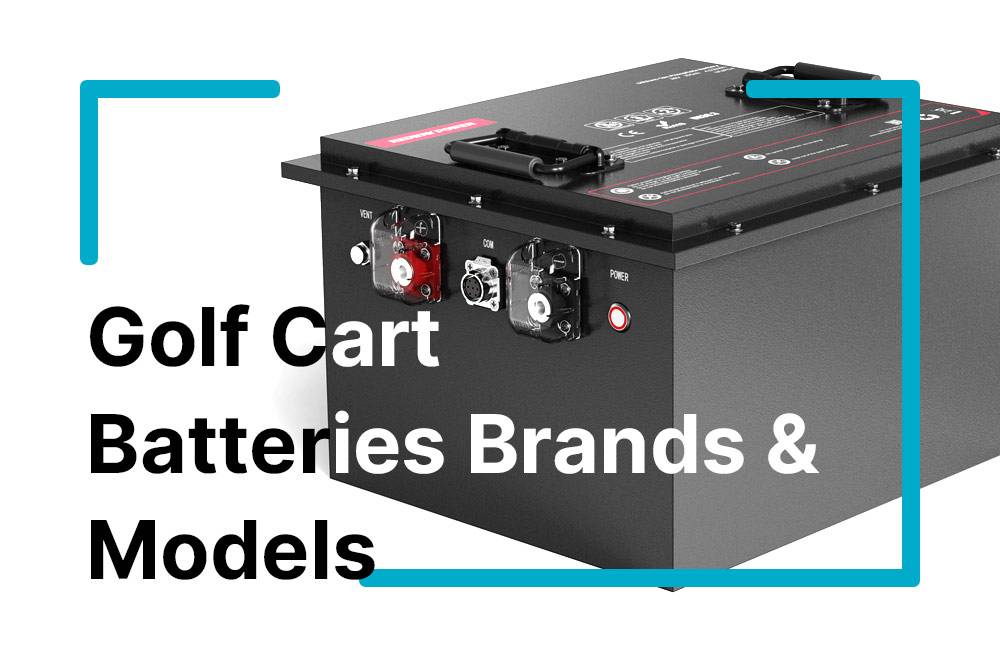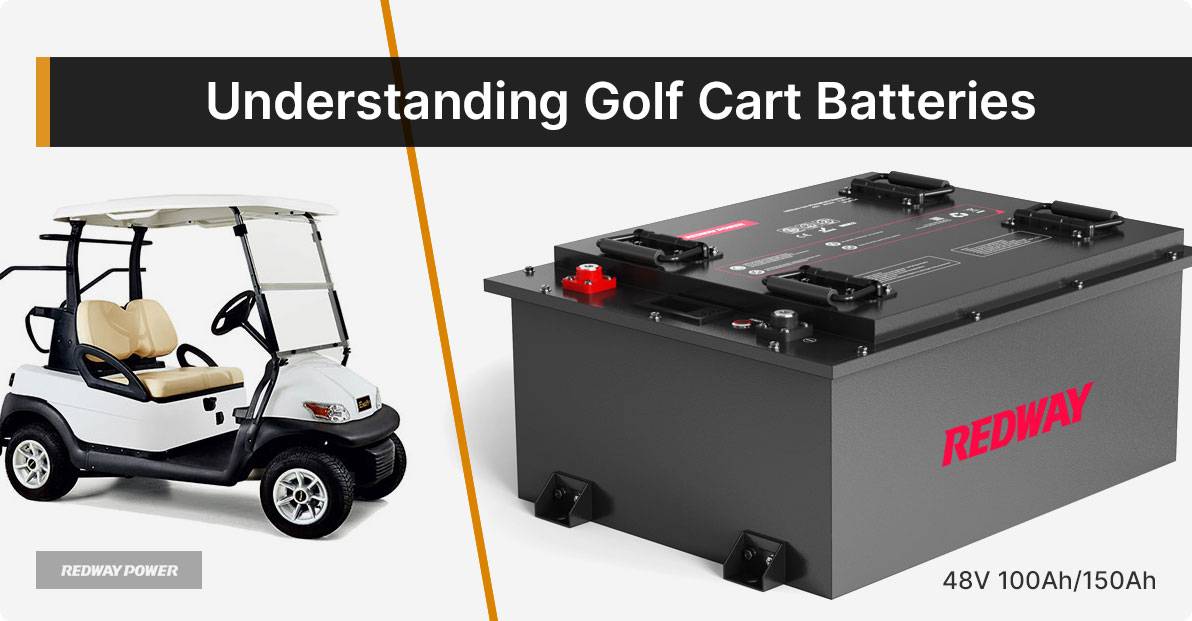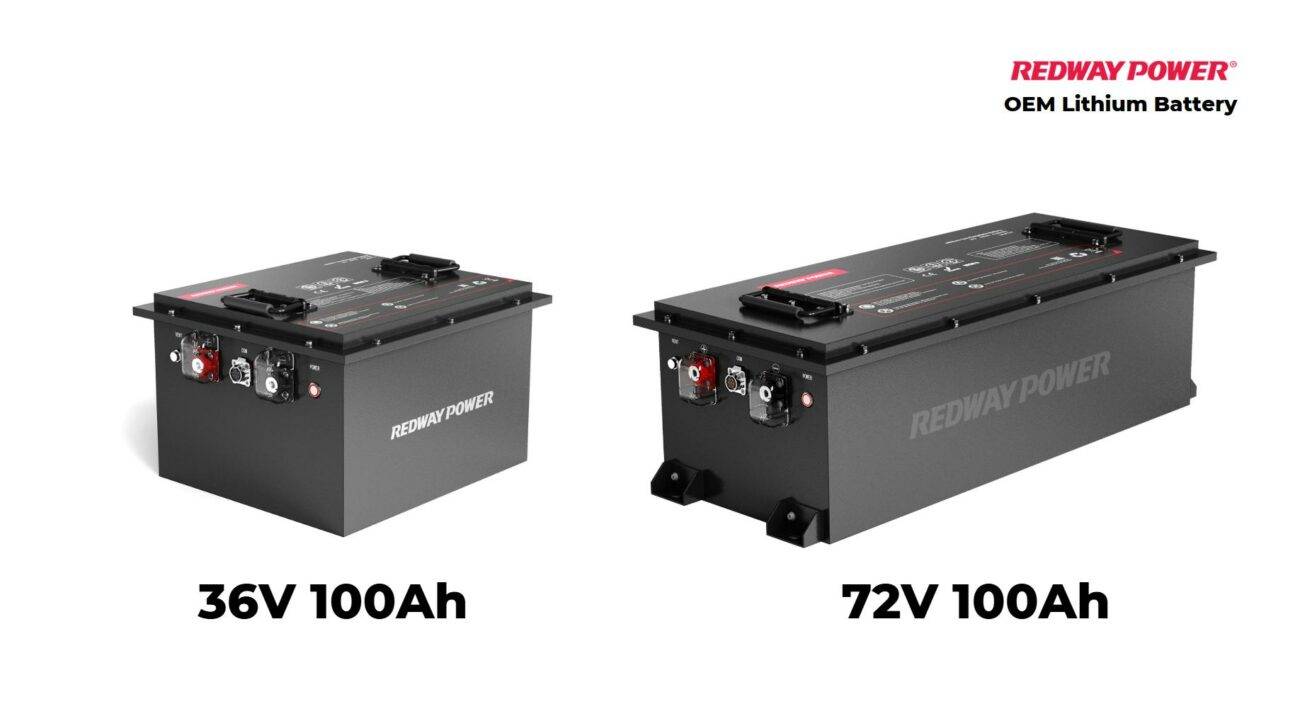- Lithium Golf Cart Battery
- Forklift Lithium Battery
-
48V
- 48V 210Ah
- 48V 300Ah
- 48V 420Ah (949 x 349 x 569 mm)
- 48V 420Ah (950 x 421 x 450 mm)
- 48V 456Ah
- 48V 460Ah (830 x 630 x 590 mm)
- 48V 460Ah (950 x 421 x 450 mm)
- 48V 460Ah (800 x 630 x 600 mm)
- 48V 460Ah (820 x 660 x 470 mm)
- 48V 500Ah
- 48V 560Ah (810 x 630 x 600 mm)
- 48V 560Ah (950 x 592 x 450 mm)
- 48V 600Ah
- 48V 630Ah
-
48V
- 12V Lithium Battery
12V 150Ah Lithium RV Battery
Bluetooth App | BCI Group 31
LiFePO4 Lithium
Discharge Temperature -20°C ~ 65°C
Fast Charger 14.6V 50A
Solar MPPT Charging - 24V Lithium Battery
- 36V Lithium Battery
- 48V Lithium Battery
-
48V LiFePO4 Battery
- 48V 50Ah
- 48V 50Ah (for Golf Carts)
- 48V 60Ah (8D)
- 48V 100Ah (8D)
- 48V 100Ah
- 48V 100Ah (Discharge 100A for Golf Carts)
- 48V 100Ah (Discharge 150A for Golf Carts)
- 48V 100Ah (Discharge 200A for Golf Carts)
- 48V 150Ah (for Golf Carts)
- 48V 160Ah (Discharge 100A for Golf Carts)
- 48V 160Ah (Discharge 160A for Golf Carts)
-
48V LiFePO4 Battery
- 60V Lithium Battery
-
60V LiFePO4 Battery
- 60V 20Ah
- 60V 30Ah
- 60V 50Ah
- 60V 50Ah (Small Size / Side Terminal)
- 60V 100Ah (for Electric Motocycle, Electric Scooter, LSV, AGV)
- 60V 100Ah (for Forklift, AGV, Electric Scooter, Sweeper)
- 60V 150Ah (E-Motocycle / E-Scooter / E-Tricycle / Tour LSV)
- 60V 200Ah (for Forklift, AGV, Electric Scooter, Sweeper)
-
60V LiFePO4 Battery
- 72V~96V Lithium Battery
- Rack-mounted Lithium Battery
- E-Bike Battery
- All-in-One Home-ESS
- Wall-mount Battery ESS
-
Home-ESS Lithium Battery PowerWall
- 24V 100Ah 2.4kWh PW24100-S PowerWall
- 48V 50Ah 2.4kWh PW4850-S PowerWall
- 48V 50Ah 2.56kWh PW5150-S PowerWall
- 48V 100Ah 5.12kWh PW51100-F PowerWall (IP65)
- 48V 100Ah 5.12kWh PW51100-S PowerWall
- 48V 100Ah 5.12kWh PW51100-H PowerWall
- 48V 200Ah 10kWh PW51200-H PowerWall
- 48V 300Ah 15kWh PW51300-H PowerWall
PowerWall 51.2V 100Ah LiFePO4 Lithium Battery
Highly popular in Asia and Eastern Europe.
CE Certification | Home-ESS -
Home-ESS Lithium Battery PowerWall
- Portable Power Stations
What Are the Best Golf Cart Battery Brands and Models?

Golf cart batteries come in various types and brands, each designed to meet specific needs and preferences. The best options include flooded lead-acid, AGM, and lithium batteries, with brands like Trojan, US Battery, and Dakota Lithium leading the market. Understanding these choices can help you select the right battery for optimal performance.
What types of golf cart batteries are available?
Golf carts primarily use three types of batteries:
- Flooded Lead-Acid Batteries: The most common type; they require regular maintenance, such as checking water levels.
- AGM (Absorbent Glass Mat) Batteries: Sealed and maintenance-free, these offer better performance than flooded options.
- Lithium Batteries: Gaining popularity due to their lightweight design, long lifespan, and fast charging capabilities.
Chart: Types of Golf Cart Batteries
| Type | Maintenance Level | Lifespan | Weight |
|---|---|---|---|
| Flooded Lead-Acid | High | 3-5 years | Heavier |
| AGM | Low | 4-6 years | Moderate |
| Lithium | Very Low | 8-12 years | Lightweight |
Who are the leading golf cart battery brands?
Several brands dominate the golf cart battery market:
- Trojan Battery Company: Known for durability and performance across various applications.
- US Battery Manufacturing: Specializes in deep cycle batteries with a strong reputation for reliability.
- Dakota Lithium: Offers high-quality lithium batteries with impressive warranties.
Chart: Leading Golf Cart Battery Brands
| Brand | Type of Batteries Offered | Notable Features |
|---|---|---|
| Trojan | Lead-Acid, Lithium | Long-lasting, reliable |
| US Battery | Lead-Acid | High capacity |
| Dakota Lithium | Lithium | Lightweight, long warranty |
What features should you look for in a golf cart battery?
When selecting a golf cart battery, consider:
- Capacity: Measured in amp-hours (Ah), indicating how much energy it can store.
- Voltage: Ensure compatibility with your golf cart’s electrical system (commonly 6V, 8V, or 12V).
- Warranty: A longer warranty often indicates better quality and reliability.
How do flooded lead-acid, AGM, and lithium batteries compare?
Each type of battery has distinct advantages:
- Flooded Lead-Acid: Cost-effective but requires regular maintenance.
- AGM: Offers better performance in deep discharge situations with no maintenance.
- Lithium: Superior lifespan and efficiency but comes at a higher initial cost.
Chart: Comparison of Battery Types
| Feature | Flooded Lead-Acid | AGM | Lithium |
|---|---|---|---|
| Maintenance | High | Low | Very Low |
| Lifespan | 3-5 years | 4-6 years | 8-12 years |
| Initial Cost | Low | Moderate | High |
What are the advantages of using lithium batteries in golf carts?
Lithium batteries provide several benefits:
- Longer Lifespan: Typically last up to 12 years.
- Faster Charging: Can be fully charged in a few hours.
- Lightweight Design: Easier to handle and install.
These advantages make lithium an attractive option for those looking for high performance and low maintenance.
How can you choose the right battery for your golf cart?
To choose the right battery:
- Assess your usage needs (e.g., distance traveled).
- Determine your budget for both initial purchase and long-term costs.
- Consider weight limitations if applicable (especially for older carts).
Consulting with a professional or referring to your golf cart’s manual can also guide your decision.
What are the latest trends in golf cart battery technology?
Recent trends include:
- Increased Adoption of Lithium Technology: Due to its efficiency and environmental benefits.
- Focus on Sustainability: Manufacturers are implementing recycling programs for old batteries.
- Smart Technology Integration: Newer models feature monitoring systems that track performance metrics.
Industrial News
The demand for eco-friendly solutions is driving innovation in the golf cart battery sector. Companies like Trojan have launched new lithium models that enhance energy efficiency while reducing environmental impact. Additionally, there is a growing market for recycled materials used in battery production as sustainability becomes a priority among consumers.
Redway Power Insights
“Selecting the right battery is crucial for maximizing your golf cart’s performance,” states an expert from Redway Power. “With advancements in lithium technology and a focus on sustainability, golfers now have more options than ever. It’s essential to consider both immediate needs and long-term benefits when making your choice.”

FAQs
How Long Do Golf Cart Batteries Typically Last?
What Charger Chemistry Matches Golf Cart Batteries?
How to Select a Golf Cart Battery Charger?
What Voltage Charger is Needed for 6x 8V Golf Cart Batteries?
Know more:
How do I choose the best 12V golf cart batteries for my needs?
To choose the best 12V golf cart batteries, consider factors such as battery type (lead-acid vs. lithium-ion), capacity (measured in amp-hours), and your usage patterns. Evaluate the battery’s lifespan, maintenance requirements, and warranty options. Research reputable brands and read customer reviews to ensure reliability and performance that meets your specific needs.
To choose the best 12V golf cart batteries, consider factors such as battery type (lead-acid vs. lithium-ion), capacity (measured in amp-hours), and your usage patterns. Evaluate the battery’s lifespan, maintenance requirements, and warranty options. Research reputable brands and read customer reviews to ensure reliability and performance that meets your specific needs.
What types of 12V golf cart batteries are available?
The main types of 12V golf cart batteries include flooded lead-acid, AGM (Absorbent Glass Mat), and lithium-ion batteries. Flooded lead-acid batteries are cost-effective but require maintenance, while AGM batteries are maintenance-free and more durable. Lithium-ion batteries offer longer life cycles and faster charging times but come at a higher initial cost.
The main types of 12V golf cart batteries include flooded lead-acid, AGM (Absorbent Glass Mat), and lithium-ion batteries. Flooded lead-acid batteries are cost-effective but require maintenance, while AGM batteries are maintenance-free and more durable. Lithium-ion batteries offer longer life cycles and faster charging times but come at a higher initial cost.
How does battery capacity affect my golf cart’s performance?
Battery capacity, measured in amp-hours (Ah), directly impacts your golf cart’s performance and range. Higher capacity batteries provide longer run times between charges, making them ideal for extended use. Assess your typical usage—if you frequently drive long distances or carry heavy loads, opt for batteries with higher Ah ratings.
Battery capacity, measured in amp-hours (Ah), directly impacts your golf cart’s performance and range. Higher capacity batteries provide longer run times between charges, making them ideal for extended use. Assess your typical usage—if you frequently drive long distances or carry heavy loads, opt for batteries with higher Ah ratings.
What maintenance is required for 12V golf cart batteries?
Maintenance requirements vary by battery type. Flooded lead-acid batteries need regular watering and terminal cleaning, while AGM and lithium-ion batteries require minimal upkeep. Regularly check connections for corrosion and ensure proper charging practices to prolong battery life and maintain optimal performance.
Maintenance requirements vary by battery type. Flooded lead-acid batteries need regular watering and terminal cleaning, while AGM and lithium-ion batteries require minimal upkeep. Regularly check connections for corrosion and ensure proper charging practices to prolong battery life and maintain optimal performance.
What are the advantages of using lithium-ion batteries in golf carts?
Lithium-ion batteries offer several advantages for golf carts, including longer lifespan (up to 5,000 cycles), faster charging times, and lower weight compared to lead-acid batteries. They require no maintenance, provide consistent power output, and are more efficient overall, making them a popular choice for modern golf carts.
Lithium-ion batteries offer several advantages for golf carts, including longer lifespan (up to 5,000 cycles), faster charging times, and lower weight compared to lead-acid batteries. They require no maintenance, provide consistent power output, and are more efficient overall, making them a popular choice for modern golf carts.


















